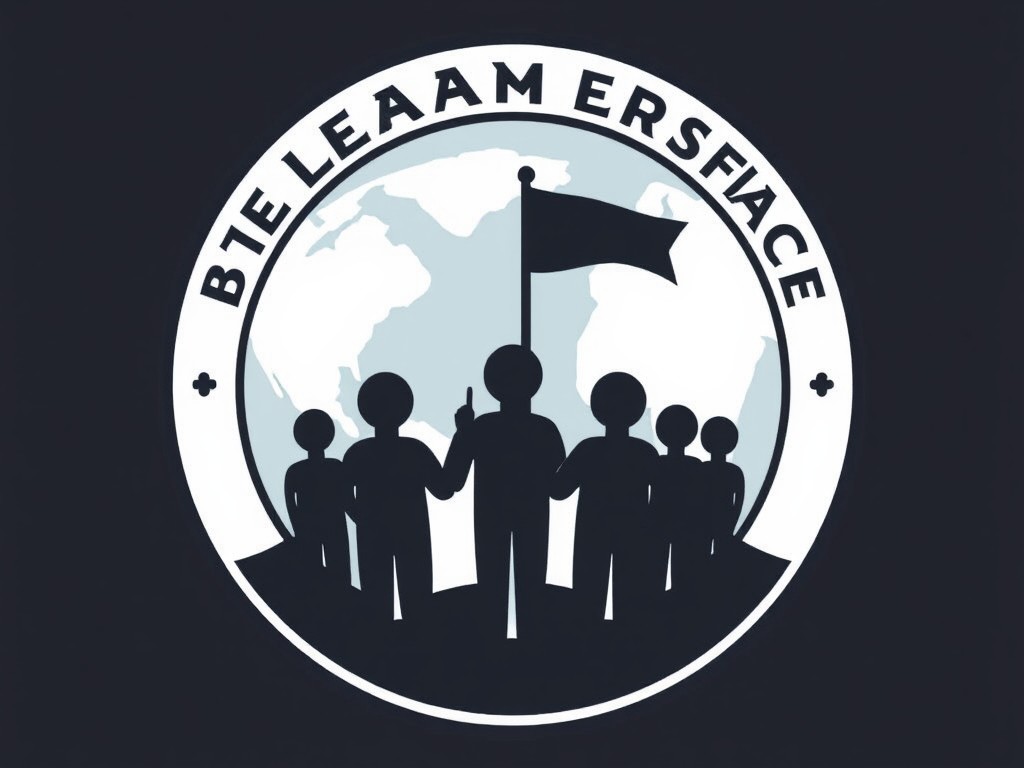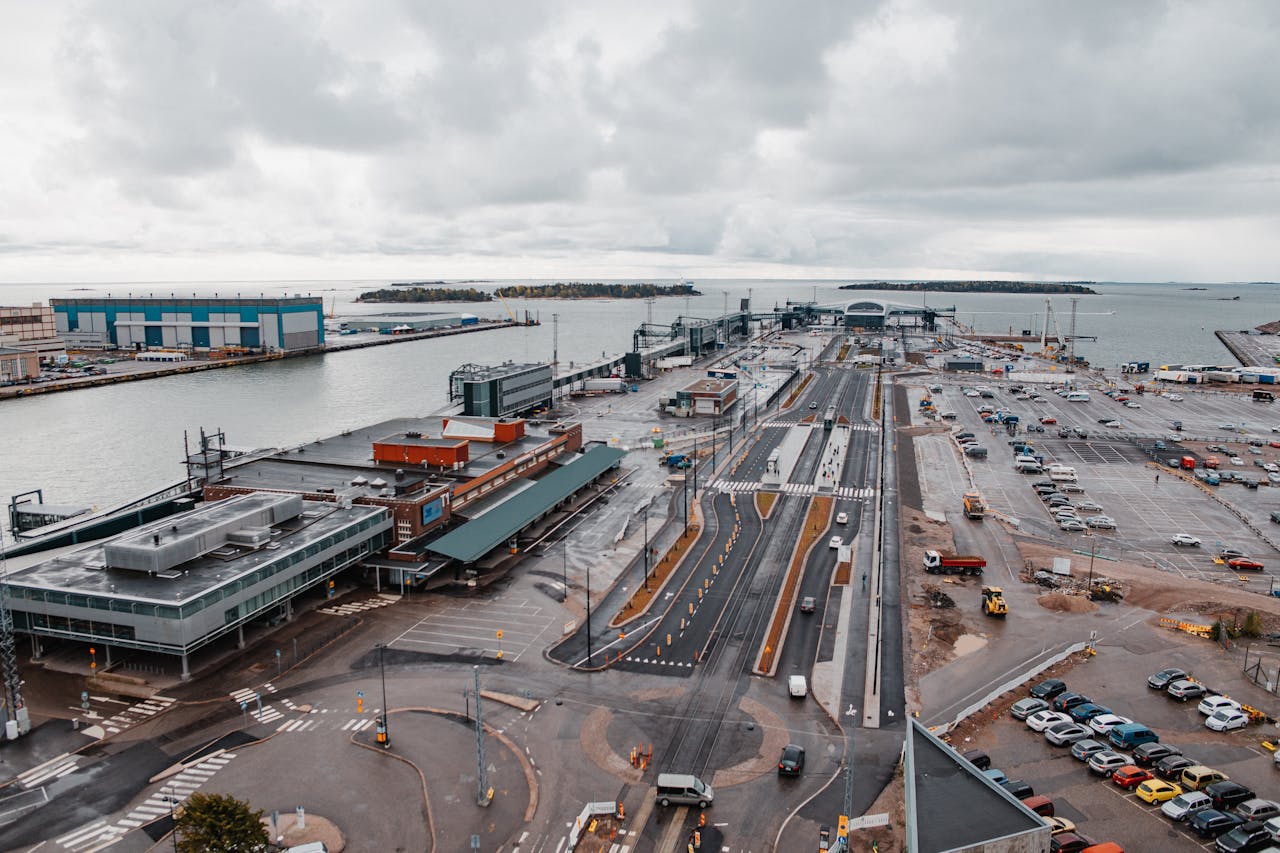Compliance with UK and international maritime laws can be a daunting challenge for shipbuilding companies. Understanding the intricate web of regulations is vital for mitigating risks and ensuring smooth operations. This guide unpacks essential legal frameworks and best practices, providing actionable insights tailored for the shipbuilding industry. Equip your business with the knowledge to navigate these regulations effectively, safeguarding your projects and enhancing your reputation in the market. Your journey toward legal assurance starts here.
Understanding Maritime Compliance Regulations
Navigating the complexities of maritime compliance is crucial for shipbuilding companies. In the UK, maritime laws are meticulously designed to ensure the safety and environmental sustainability of vessels. These laws encompass a wide range of aspects, from ship design to waste management. Adhering to these regulations is not just a legal obligation but also a commitment to responsible maritime practices.
Have you seen this : Essential Tips for UK Film Production Companies to Achieve Health and Safety Compliance on Set
On a broader scale, international maritime regulations play a pivotal role in standardising safety and operational procedures across the globe. The International Maritime Organization (IMO) is a key body that establishes these regulations, focusing on areas such as pollution prevention and maritime security. Compliance with these international standards is essential for shipbuilders aiming to operate on a global stage.
The significance of compliance cannot be overstated. For shipbuilding companies, maintaining adherence to both UK and international maritime laws ensures not only legal operation but also enhances reputation and trust within the industry. Furthermore, it mitigates risks associated with non-compliance, such as hefty fines and operational shutdowns. By prioritising compliance, shipbuilders contribute to a safer and more sustainable maritime environment, aligning with global efforts to protect our oceans.
Also read : Mastering UK Waste Management Regulations: A Comprehensive Guide for Your Recycling Startup
Regulatory Frameworks for Shipbuilding
Navigating the intricate landscape of regulatory frameworks is essential for the shipbuilding industry. These frameworks ensure that shipbuilding practices adhere to both national and international compliance standards.
UK Regulatory Bodies and Their Roles
In the UK, several agencies oversee maritime compliance. The Maritime and Coastguard Agency (MCA) is pivotal, focusing on enforcing safety and environmental shipbuilding regulations. The MCA’s role is to ensure that all vessels meet the necessary safety standards and pollution prevention measures. Additionally, the Health and Safety Executive (HSE) oversees workplace safety within shipyards, ensuring the well-being of workers and adherence to health regulations.
Key International Maritime Organizations
Globally, the International Maritime Organization (IMO) is the cornerstone of international maritime regulation. The IMO sets compliance standards for pollution prevention, maritime security, and safety. Other significant bodies include the International Labour Organization (ILO), which addresses seafarers’ welfare, and the International Association of Classification Societies (IACS), which provides technical standards for ship design and construction.
Interaction Between National and International Regulations
The synergy between national and international regulations is crucial. UK agencies align their shipbuilding regulations with IMO standards to ensure seamless operation across borders. This harmonization facilitates international trade and ensures that vessels are compliant worldwide, promoting a unified approach to maritime safety and sustainability.
Best Practices for Compliance
In the shipbuilding industry, establishing a robust compliance management system is paramount. This system acts as a structured framework to ensure adherence to both national and international standards. A well-organised compliance management system not only mitigates risks but also enhances operational efficiency.
Training and development play a critical role in maintaining compliance. By implementing regular training sessions, shipbuilding companies can ensure that their staff are well-versed in the latest compliance issues and industry standards. This proactive approach helps in fostering a culture of awareness and responsibility among employees, reducing the likelihood of violations.
Regular Audits and Assessments
Conducting regular audits and assessments is a crucial practice for ensuring compliance. These evaluations help identify potential gaps in adherence to compliance best practices. By systematically reviewing processes and procedures, shipbuilders can pinpoint areas for improvement and implement necessary changes promptly. Regular audits also serve as a mechanism for continuous improvement, aligning the company’s operations with evolving industry standards.
By focusing on these best practices, the shipbuilding industry can effectively manage risk and maintain a reputation for reliability and safety. Adopting these strategies not only ensures legal compliance but also contributes to a sustainable and responsible maritime environment.
Common Compliance Challenges in Shipbuilding
Navigating the intricate world of compliance challenges is a significant hurdle for the shipbuilding industry. These challenges often stem from the need to adhere to a complex web of national and international regulations, each with its own regulatory obstacles.
Navigating Documentation Requirements
One of the primary shipbuilding issues is managing the extensive documentation required for compliance. Shipbuilders must ensure that all necessary documents, such as safety certificates and environmental impact assessments, are meticulously maintained. This documentation serves as proof of adherence to regulatory standards and is crucial for avoiding legal repercussions.
Addressing Environmental Compliance
Environmental regulations present another layer of complexity. Shipbuilders must comply with stringent rules aimed at minimising the ecological impact of their operations. This includes managing waste disposal, reducing emissions, and ensuring that materials used are environmentally friendly. Failure to meet these standards can result in severe penalties and damage to reputation.
Managing Safety Regulations
Health and safety standards are paramount in shipbuilding. Companies must implement robust safety protocols to protect workers and ensure compliance with regulations. This involves regular safety audits, employee training, and maintaining up-to-date safety equipment. Adhering to these standards not only prevents accidents but also fosters a culture of safety and responsibility.
Practical Guidance for Shipbuilding Companies
Navigating the compliance landscape requires strategic planning and precise execution. For shipbuilding companies, a step-by-step guide can be invaluable. Start by conducting a comprehensive compliance assessment to identify areas needing improvement. Develop a detailed action plan outlining necessary changes and assign responsibilities to specific team members to ensure accountability.
Utilizing technology is a game-changer in achieving operational compliance. Implement compliance tracking software to monitor adherence to regulations in real-time. This technology not only streamlines the process but also provides immediate alerts for any deviations, allowing for swift corrective actions.
Learning from others can be beneficial. Consider case studies of companies that have successfully navigated compliance challenges. These examples offer insights into effective shipbuilding strategies. For instance, a company might have adopted a digital documentation system, significantly reducing the time spent on manual paperwork and enhancing accuracy.
By integrating these practical compliance guidance steps, shipbuilders can foster a culture of compliance, ensuring both legal adherence and operational excellence. Embracing technology and learning from successful peers are pivotal strategies in maintaining a competitive edge in the industry.
Consequences of Non-Compliance
Understanding the consequences of non-compliance is crucial for shipbuilding firms. Ignoring regulations can lead to severe outcomes that affect various aspects of a company’s operations.
Financial Penalties and Fines
Non-compliance can result in significant financial penalties and fines. These monetary repercussions can be substantial, impacting a company’s profitability. For instance, failing to adhere to safety standards often incurs hefty fines, which can strain financial resources and disrupt business operations.
Legal Implications and Liability
Legal issues are another critical consequence of non-compliance. Shipbuilding firms may face lawsuits or legal actions if they do not meet regulatory standards. This can lead to increased legal liability and potential court cases, which are both costly and time-consuming. Legal battles not only drain financial resources but also divert focus from core business activities.
Reputational Risks for Shipbuilding Firms
The reputational risks associated with non-compliance should not be underestimated. Companies found guilty of regulatory breaches may suffer a loss of client trust and industry credibility. This damage to reputation can result in decreased business opportunities and long-term financial losses. Maintaining compliance is essential to uphold a positive image in the competitive shipbuilding market.
Resources for Shipbuilding Compliance
Navigating the world of maritime compliance can be daunting, but leveraging the right compliance resources can ease the process. Shipbuilding companies can tap into a wealth of tools and information available through various organizations and websites dedicated to maritime standards.
Recommended Organizations and Websites
The International Maritime Organization (IMO) and the Maritime and Coastguard Agency (MCA) are pivotal sources of guidelines and standards. These bodies offer comprehensive information on compliance requirements and updates on regulatory changes. Their websites provide access to critical documents and resources that are essential for staying informed.
Downloadable Checklists and Templates
To streamline compliance efforts, downloadable checklists and templates are invaluable. These tools help shipbuilders ensure that all necessary documentation is in place and that procedures align with regulatory standards. By using these structured formats, companies can efficiently track their compliance status and address any gaps promptly.
Continuing Education and Training Opportunities
Ongoing education is crucial for maintaining compliance. Many organizations offer training programs and workshops designed to keep shipbuilding professionals up-to-date with the latest compliance issues. These opportunities not only enhance knowledge but also foster a culture of continuous improvement and responsibility within the industry.
Future Trends in Maritime Compliance
As the shipbuilding industry evolves, understanding future compliance trends becomes essential. These trends are shaped by technological advancements, shifting international standards, and an increasing focus on sustainability.
Impact of Technology on Compliance
Technology is revolutionising compliance practices within the maritime sector. Digital tools, such as compliance tracking software and automated reporting systems, streamline processes and enhance accuracy. These innovations help shipbuilders maintain real-time compliance with maritime regulations, reducing the risk of oversights and errors. By integrating technology, companies can ensure efficient operations and adapt swiftly to regulatory changes.
Evolving International Standards
International maritime laws are continuously evolving to address emerging challenges. Anticipated changes include stricter safety protocols and enhanced environmental regulations. Keeping abreast of these developments is crucial for shipbuilders aiming to maintain global competitiveness. Understanding and adapting to evolving standards ensures that companies remain compliant and avoid potential legal issues.
Sustainability and Compliance in Shipbuilding
Sustainability is becoming a cornerstone of maritime compliance. The growing emphasis on environmentally friendly practices means shipbuilders must focus on reducing emissions, managing waste, and utilising sustainable materials. By prioritising sustainability, companies not only meet regulatory requirements but also contribute to global environmental efforts, enhancing their reputation and appeal in the industry.






